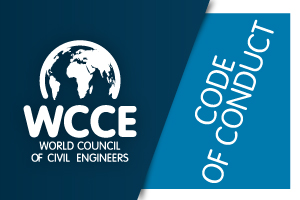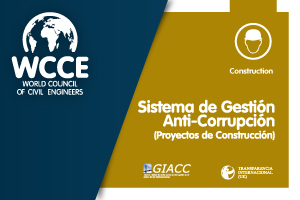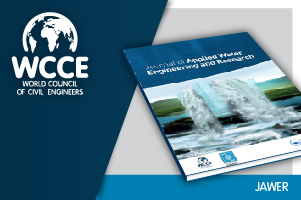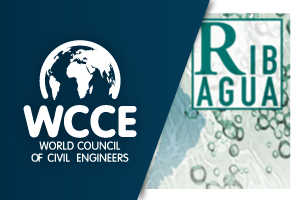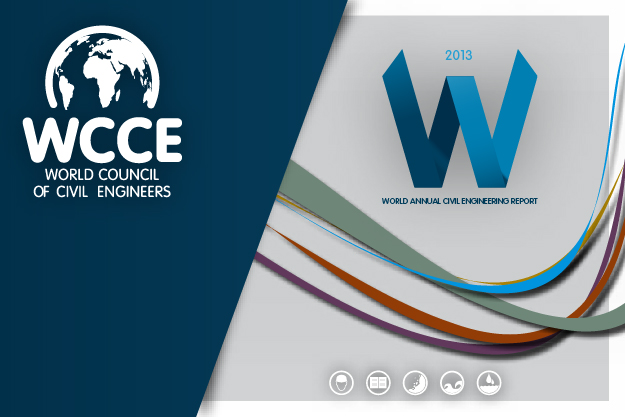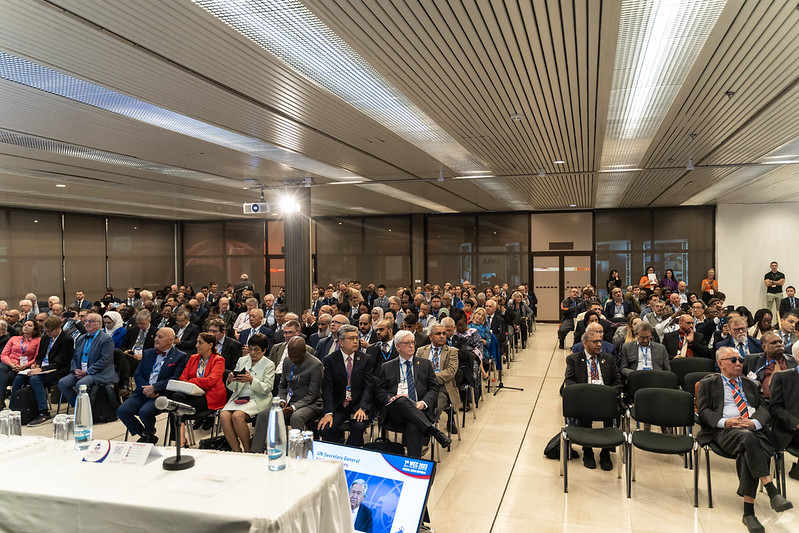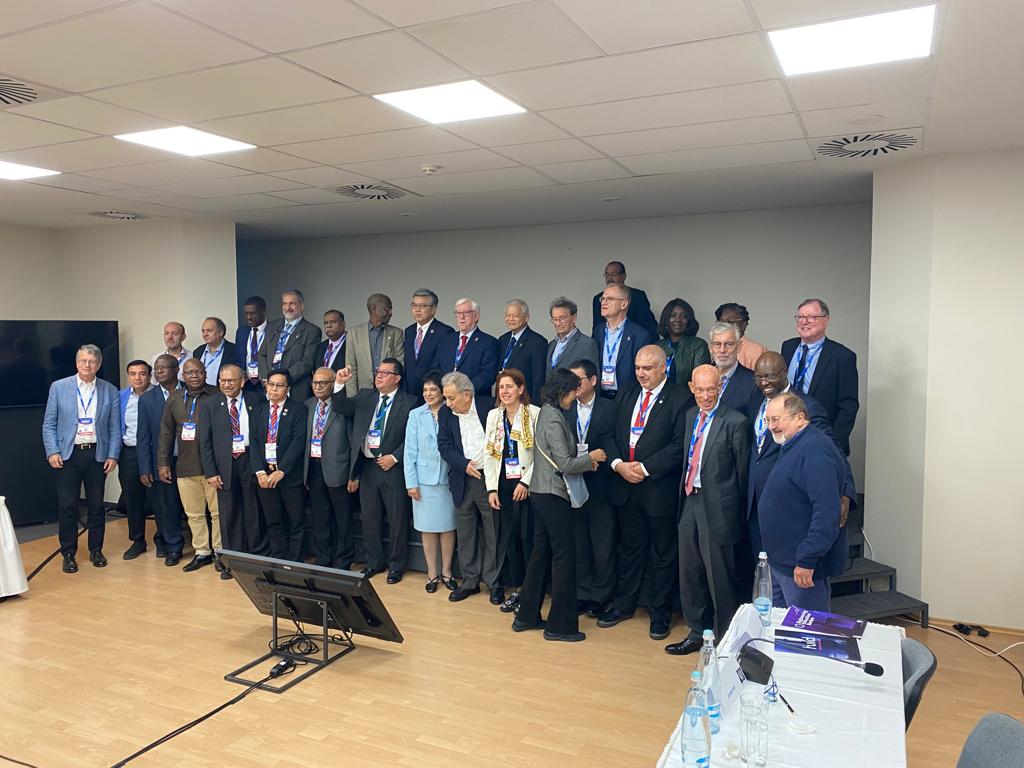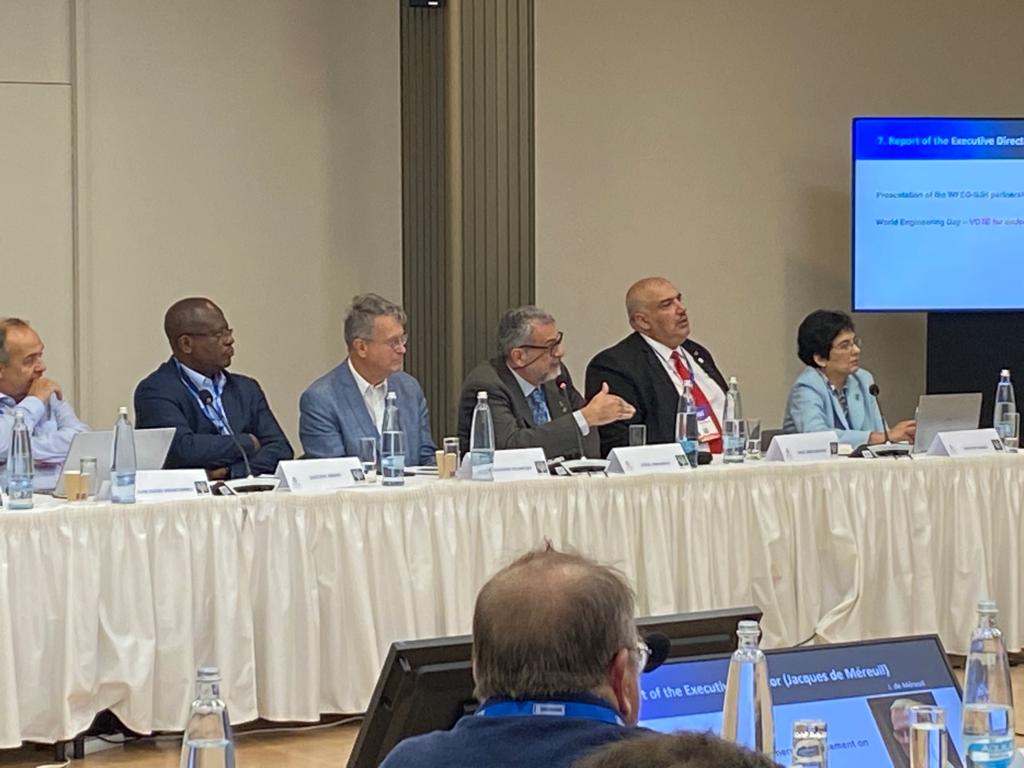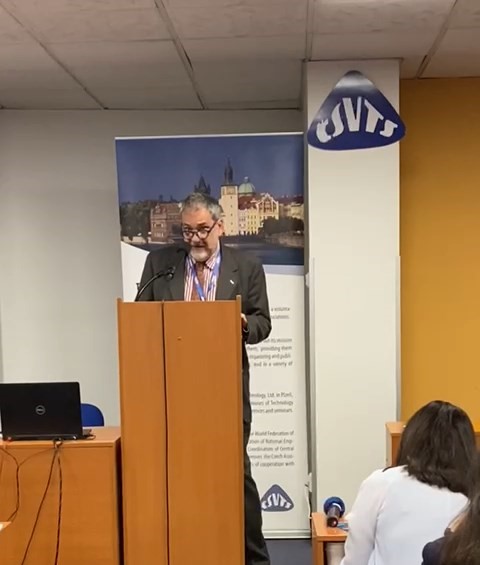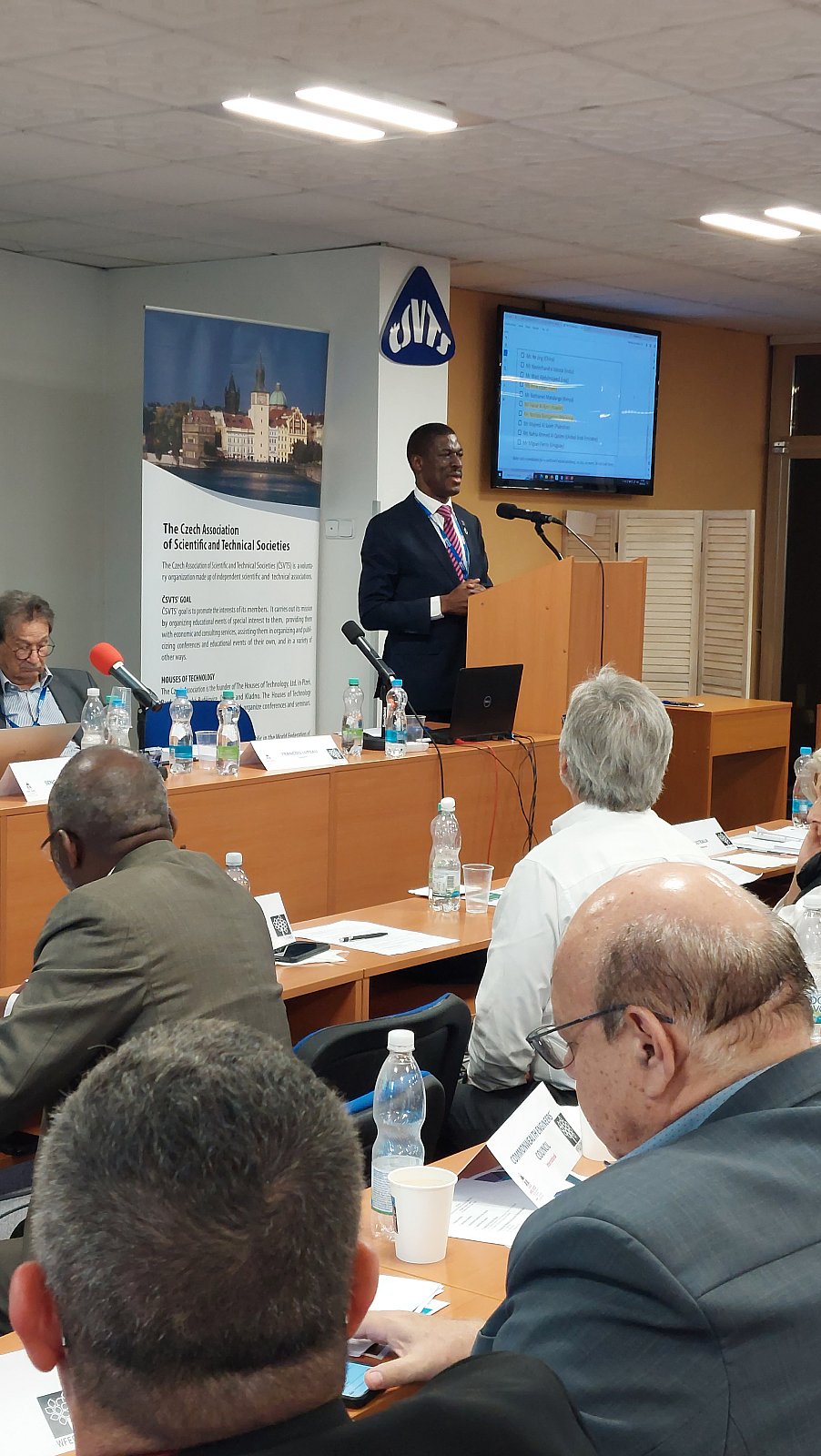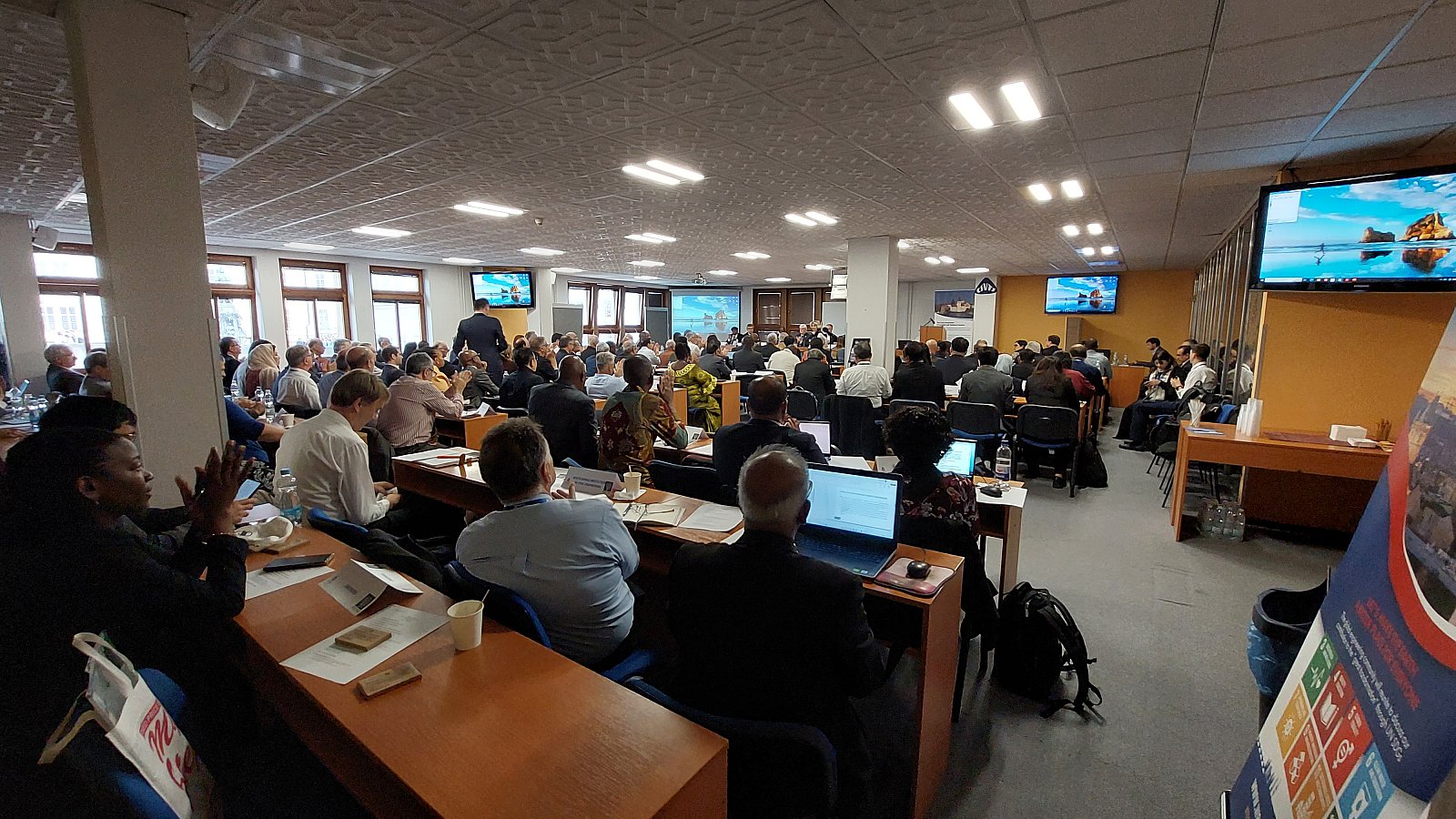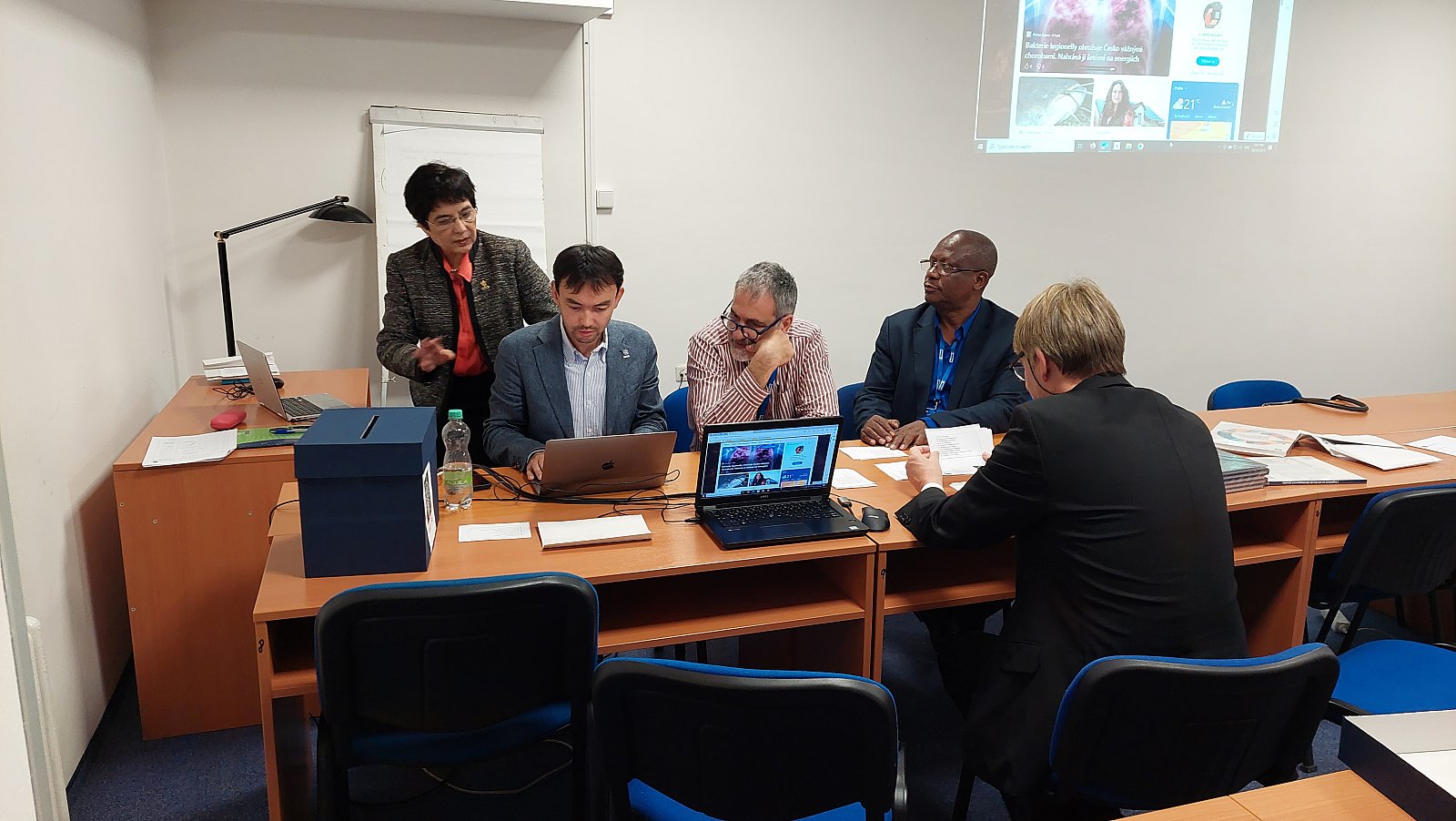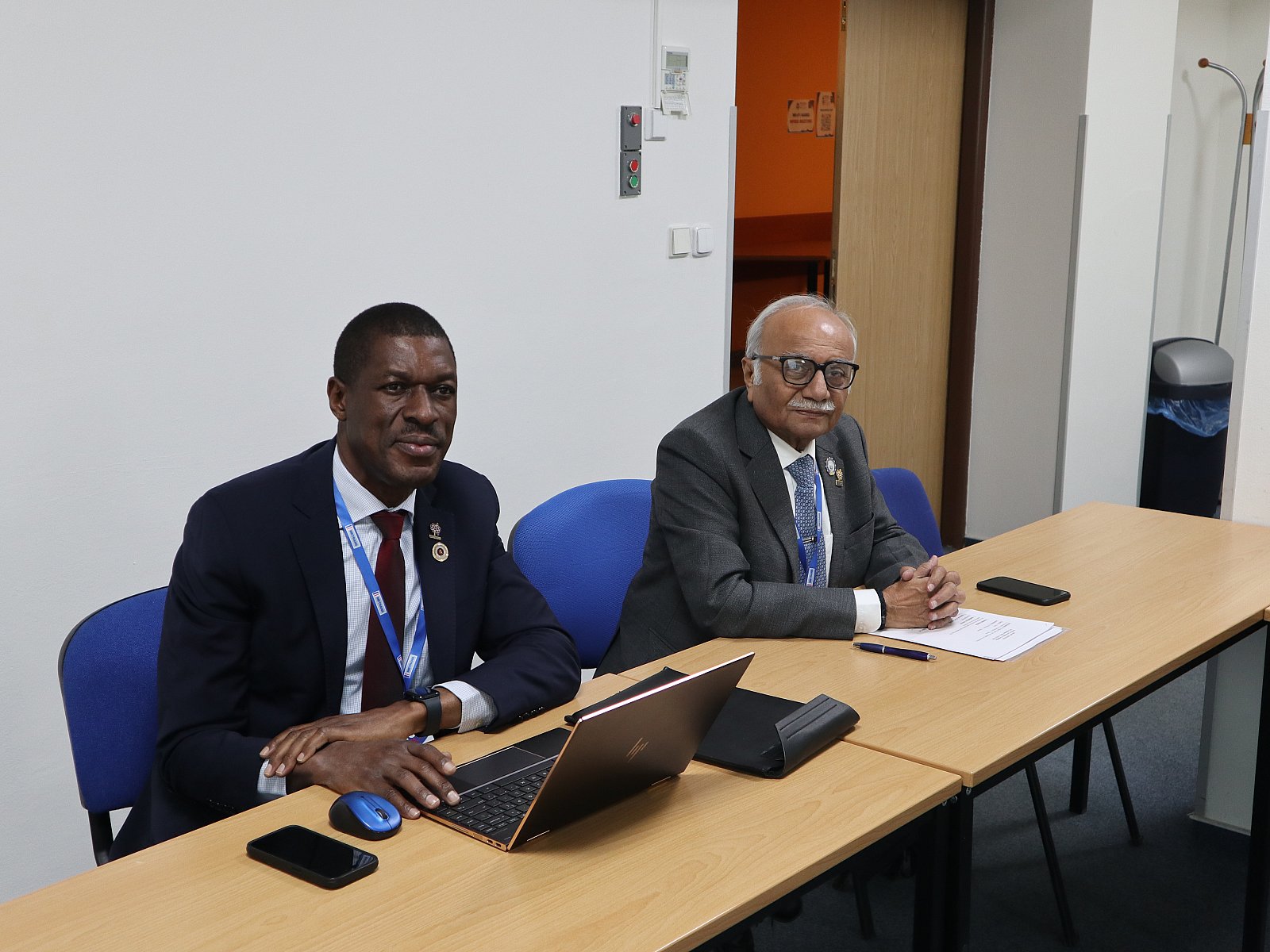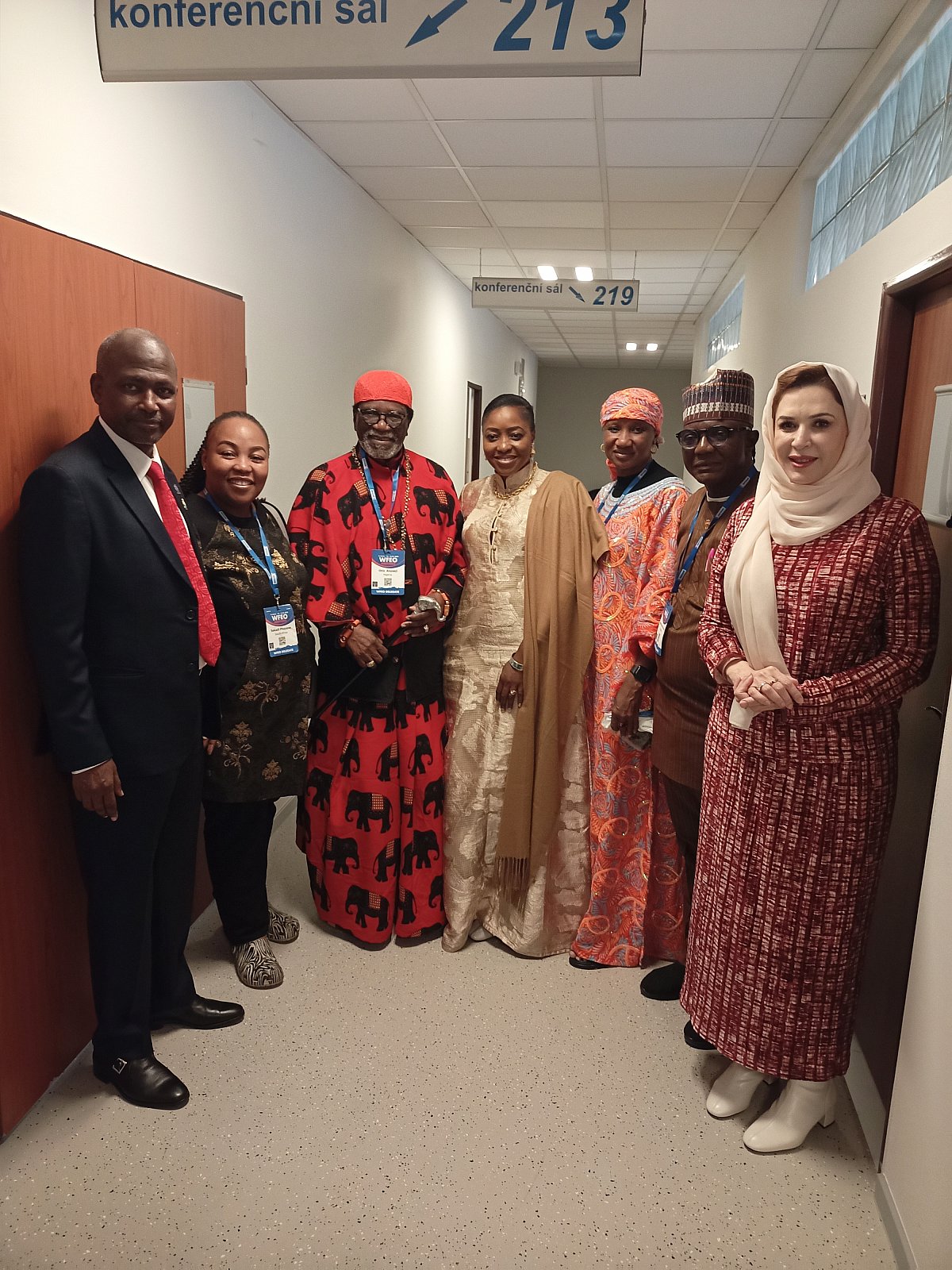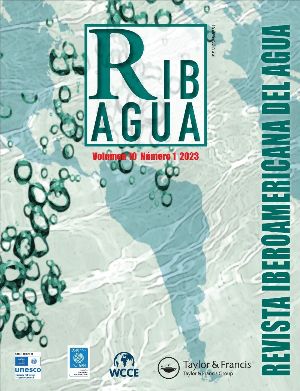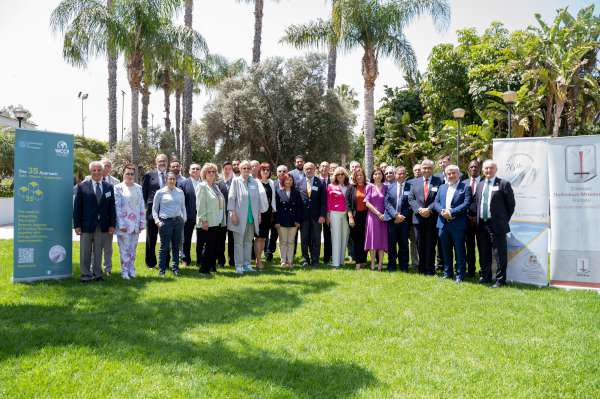 The European Council of Civil Engineers invited its younger brother, the World Council of Civil Engineers (born from an initiative of ECCE members some 18 years ago) to its 76th General Meeting and the 8th International Conference on Health and Safety in Construction which was held in Nicosia, Cyprus.
The European Council of Civil Engineers invited its younger brother, the World Council of Civil Engineers (born from an initiative of ECCE members some 18 years ago) to its 76th General Meeting and the 8th International Conference on Health and Safety in Construction which was held in Nicosia, Cyprus.
A rich in history Mediterranean island off Asia Minor, it was successively ruled by Assyrians, Egyptians, Persians, Greeks, and Romans. It was sold to the Order of the Templars, ruled by the French Lusignan family, occupied by the Ottomans, and ruled by the English until independence was achieved in 1960. Multicultural, its friendly inhabitants generously welcome you, as Evangelitsa Tsoulofta, president of the Council of Civil Engineers of Cyprus.
The setting for the meeting was exceptional and so were the results: three key topics for a fruitful ECCE - WCCE cooperation.
- The development of the joint ECCE-WCCE initiative of the 3S: Safe, Sound, Sustainable Buildings.
This initiative was officially born, on March 4, 2023, when a manifesto was presented during the World Engineering Day celebrations. Conceptually interesting, the initiative relates the necessary resilience of buildings with the objectives of sustainable development, in particular Goal 11 of the United Nations. It also underlines the unavoidable task of reconditioning buildings to the updated regulations and improving the energy efficiency of the existing stock. It is a call to reality well synthesized by Platonas Stylianou: “There will be no smart cities without smart buildings, and there will be no smart buildings without safe, solid, and sustainable buildings”. - The implementation of the International Network of civil Engineers for Safety in Construction | INESCO.
Created jointly by ECCE and WCCE back in 2019, aims to promote standards and good construction safety practices. This occasion revitalized the agreement by formalizing a joint working group. One of the recurring mentioned concerns was the presence of other safety specialists who are not specifically trained to participate in civil works, one of the issues that the members of this group will address. The initiative generated great interest among members of both organizations who quickly responded to join the task force. - The launch ECCE's 2023-2030 strategic plan
A collaborative work between its members that revolves around three pillar: research, capacity building and knowledge transfer; impact and participation in society; and impact on the industry. Clearly presented by ECCE’s president Andreas Brandner, it responds to what European civil engineers are demanding, a claim that could very much apply to any of the countries around the globe.
76th ECCE General Assembly was attended by more than twenty countries – including the extra-continental Argentina and Kenya, which represented the WCCE, and which was enriched by the massive call for the conference on security.
Participation in these organizations not only allows civil engineering association leaders to understand the processes that are taking place in the civil engineering world but also to create means for committed, registered professionals of each country to have an active role in the development of those processes. The leaders are obliged to find ways to transfer their acquired international knowledge to their own countries. Meanwhile, those practicing professionals who are involved in international activities will raise the standards of the practice, create new networking opportunities, and discover ways to benefit their own communities. In the end, WCCE’s goal is to create opportunities for young engineers to generate new initiatives and meet working groups that may interest them and the communities where they belong.


